CURRICULUM
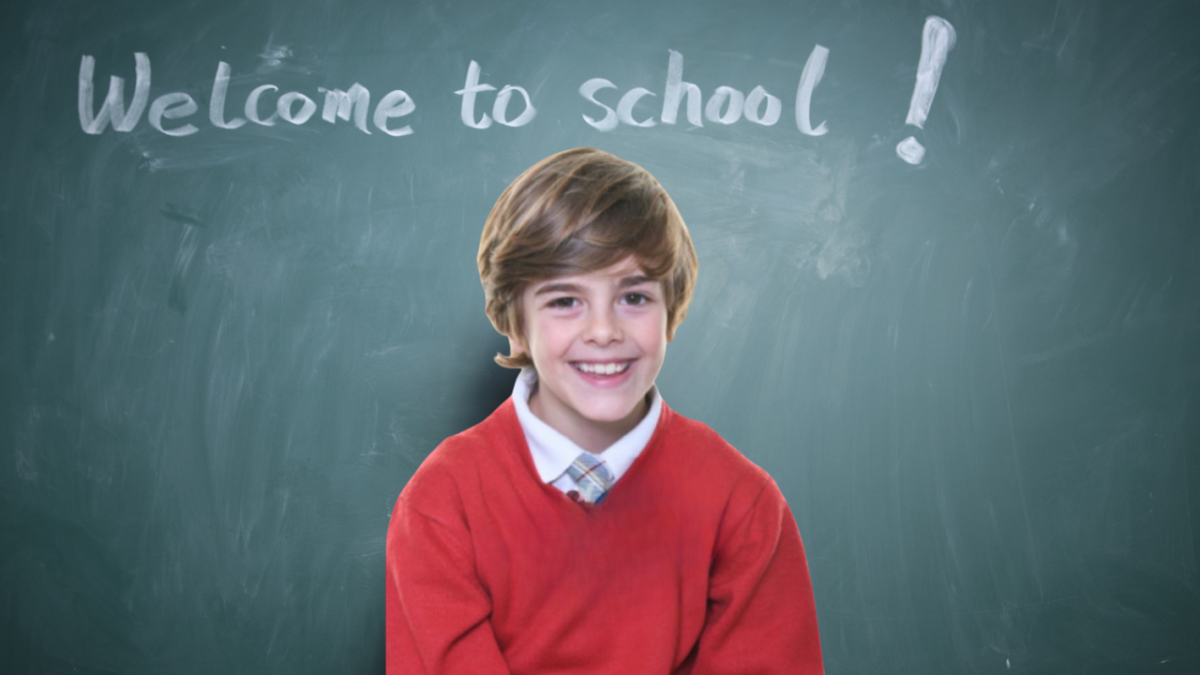
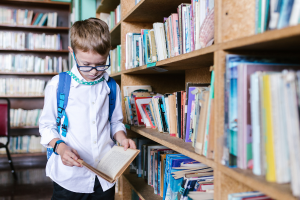
English
At Numont we use a variety of teaching and learning styles in English lessons, taking the elements of best practice of the National Curriculum for English. Our principal aim is to develop children’s knowledge, skills, and understanding in English and their ability to generalise these skills in other areas of learning. The children have the opportunity to use a wide range of texts and resources such as dictionaries, thesauruses and word banks to support their work. Children use Computing in English lessons where it enhances their learning, as in drafting their work and using multimedia to study how words and images are combined to convey meaning. English lessons cover reading and writing; speaking and listening; grammar and comprehension; spelling and handwriting. Children are encouraged to be both creative and analytical, and to use and apply their learning in other areas of the curriculum.

Mathematics
At Numont, Mathematical skills are developed using interesting and stimulating activities in line with the National Curriculum. Our principal aim is to develop children’s understanding of mathematical skills and concepts together with an ability to apply them. We do this through a daily lesson that has a high proportion of whole class and group teaching. During these lessons we encourage children to ask as well as answer mathematical questions. Children have the opportunity to use a wide range of resources such as number lines, number squares, digit cards and other apparatus to support their work. They use Computing in their work where it will enhance their learning. Wherever possible we encourage children to use and apply their learning in everyday situations. Suitable learning opportunities are provided for all the different abilities within a class.
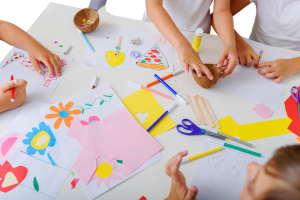
Arts
At Numont School we value Art because it contributes to the development of the whole child emotionally, aesthetically, intellectually and socially. It provides children with a unique way of perceiving themselves and the world, which is not taught in other parts of the curriculum and which is essential to basic education. In Art lessons we try to ensure that the children learn a range of skills by developing an expertise in using different materials, resources, and equipment. Their skills are also developed by encouraging new techniques and ideas, and they are introduced to historical and cultural art as well as the work of artists, crafts people and designers. Teachers encourage children to evaluate their own work and the work of others, and to say what they feel and think about them. Children also have the opportunity to work in two and three dimensions and on different scales.
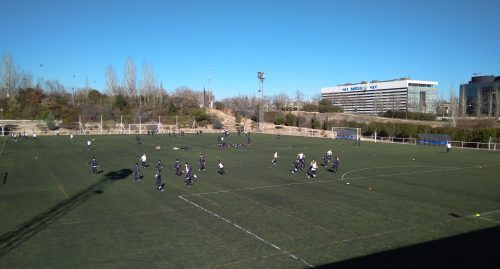
Physical Education
In Numont we teach a range of sports and activities from Nursery to Year 6 as prescribed in the British Curriculum.
In Early Years the children are taught basic skills with small apparatus such as balls, hoops, vehicles, tunnels, playhouses, skipping ropes, mats, benches, parachutes etc. Simple co-operative games are played.
In KS1 the curriculum is taught in six week units of work including Gymnastics, Athletics, Dance, Playground Games, Ball skills, Small apparatus skills. KS1 Inclusive Sports Day is held in May at a local Sport Centre…parental participation is encouraged!
In KS2 Six week units of work are followed with one lesson taught on the school premises and one lesson per week at a local Sports Centre. From Year 4 upwards children may be chosen to represent their school in inter-school competitions in: Football, Tag Rugby, X Country, Basketball and Athletics.
Our aim in P.E in Numont is to teach the children skills, resilience and confidence. To enable them to go on to Secondary Schools and participate in competitive and non-competitive sports successfully at an age related level.

Music
Music is an important activity at Numont. Nursery, Reception and Year 1 have a daily music lesson which includes singing, rhythm, movement and percussion. The older children learn to read notes as well as write and perform rhythmic patterns growth.
Our children start enjoying music, now beginning to appreciate and tell the different styles and sounds -and deciding their favourite ones.
Key Stage 1 do a theatrical play in the spring term and Key Stage 2 do a play or pantomime in the autumn term. These plays take place in a local theatre. Every class, from Nursery to Year 6 has an assembly in the school hall every term, when parents are invited to come and watch.

Languages
Spanish is taught from Year 1 by a native teacher. Those children who are new to Spain are given parallel classes at a beginner’s level.By Year 6, pupils are expected to converse fluently and read and write proficiently in Spanish.
French is also taught from Years 1 to 9 by a native teacher following the French National Curriculum Guidelines.
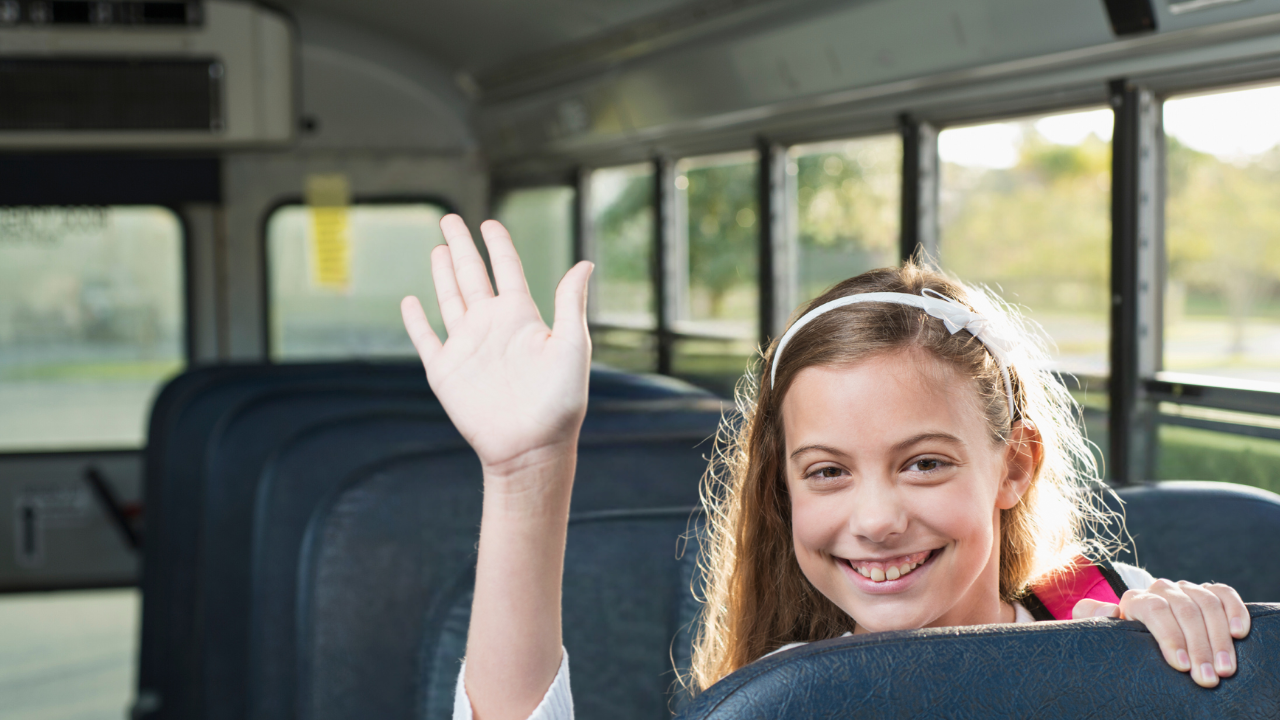
Trips
School trips are a valuable part of a child’s education and are organised to complement the breadth of the curriculum. The purpose of school trips is manifold: to develop children’s knowledge, skills and understanding of the wider world outside school; to emphasise links between various areas of the curriculum; to put into practice skills learnt in the classroom; to develop children’s confidence in encountering unfamiliar situations; to improve cultural knowledge and awareness of their surroundings. At Numont the children go on a rich variety of visits ranging from museum trips, (Costume, Natural History, Railway, Archaeological and Art museums among others), to farm trips, Faunia, the Zoo, historical buildings, as well as attending specialized workshops which are both educational and fun.
All external activities are carefully planned and the educational aims and objectives are identified.
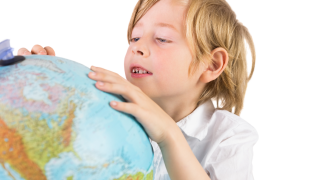
Geography & History
The aim of History lessons is to stimulate children’s curiosity about the past, to develop chronological understanding, and to help children understand and be knowledgeable about events, people and changes in both recent and more distant past in their own area and in other parts of the world. Children are taught how to recognise and understand how the past influences the present; they learn about change and continuity. History is looked at from a political, social and cultural angle and children are taught how to look at historical evidence and interpret it. A wide variety of ancient and recent civilisations are studied, including the Stone Age, the Greeks, Romans, Egyptians, Aztecs, Victorian England, as well as famous figures in history, such as Florence Nightingale, Samuel Pepys and John Lennon among others.
In Geography classes children are taught about places, the human, physical and climatic processes that may change them and the people who live there. Key geographical skills are developed to enable children to investigate and make sense of their surroundings and the wider world, its wonders and its problems. Children are taught to question and find the answers to how and why physical and human features are arranged as they are in a place or an environment and the affects on people. Countries and landscapes that children learn about include India, Australia, Spain, Kenya, the rainforest, deserts and the oceans among others.
Both Geography and History lessons are augmented with visits to sites of historical and geographical significance, such as “Parque Arqueológico Carranque”, “Cuevas de los Enebralejos”, “Castillo de Manzanares de Real”, as well as museums and exhibitions.
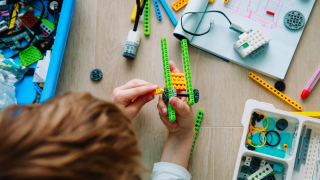
Design & Technology
Design & Technology (DT) teaches children to become critical analysts of past and present products and systems that surround them in everyday life. DT in Numont teaches children to develop knowledge and understanding of design and making skills which help them to design and make their own products. Children are taught to use tools and materials safely and appropriately. They are encouraged to experiment and develop their own ideas, being critical and analytical of their own and others designs and products, identifying weaknesses and strengths and suggesting ways forward. Children are taught to be aware and understand the importance and contribution technology has made to modern life. Practical and problem-solving skills are combined with an understanding of aesthetics, social and environmental issues, function and industrial practices. Problem-solving skills are enhanced through correct identification of needs and wants.
